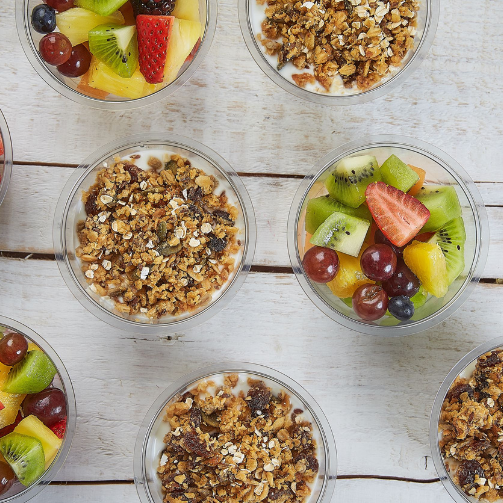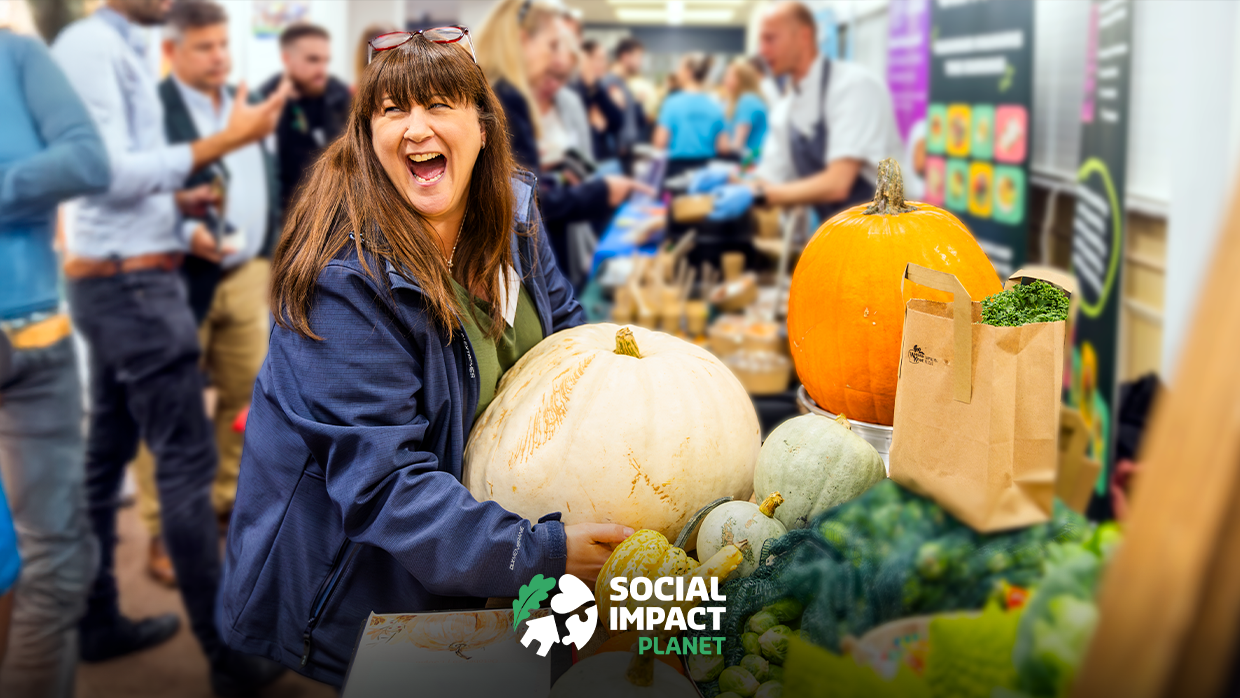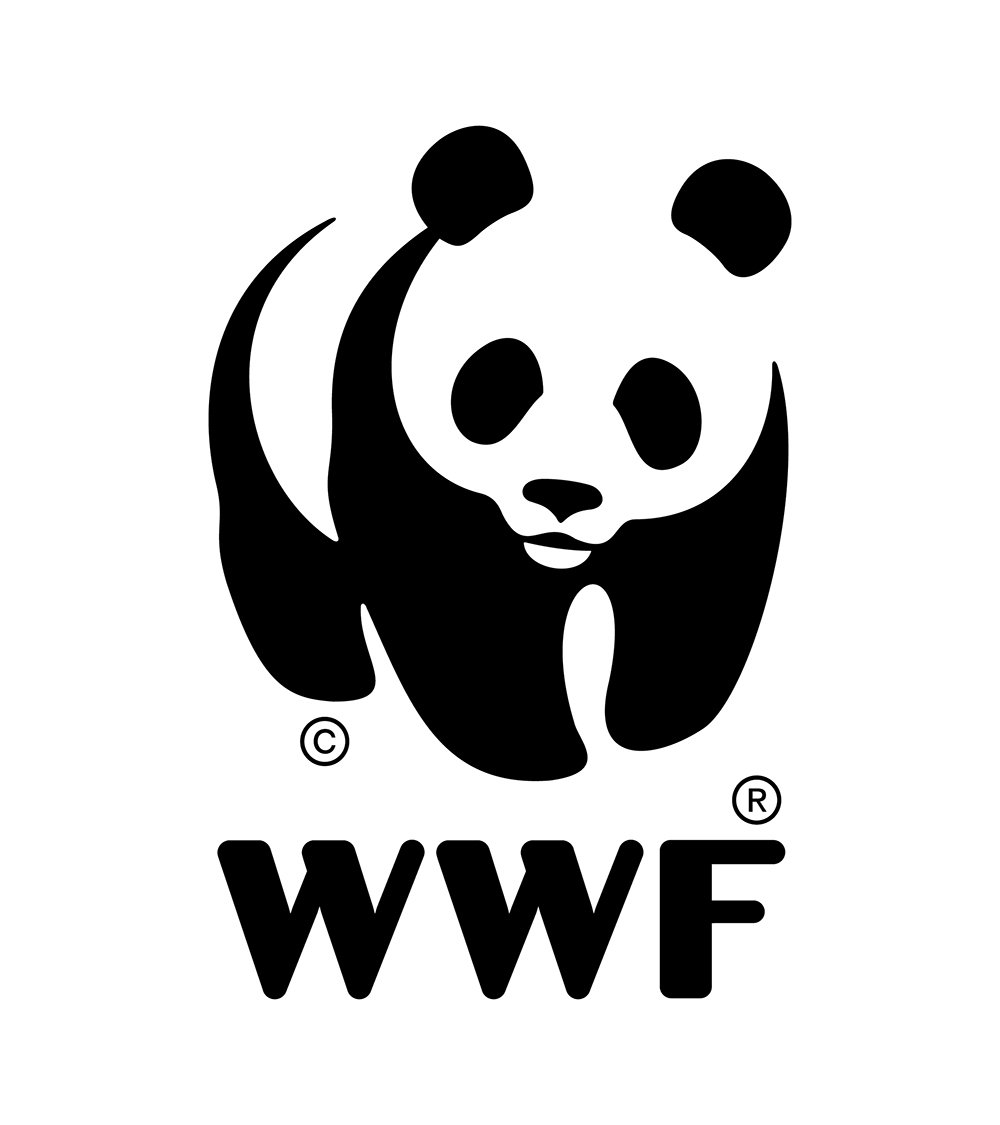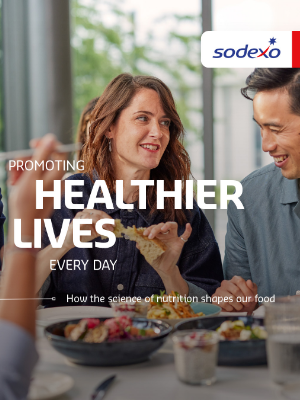Sales of vegan and vegetarian meals continue to grow
Our food sales data shows the month-on-month increase in purchases of both vegan and vegetarian meals across its UK foodservice outlets at corporate client sites


We all have a part to play in reducing our impact on the environment - including what we eat. Following a literature review and with technical guidance from our partner, WWF, we have defined low carbon meals as meals whose production generates 0.9kg of CO2e or less. Crucially, these meals will be delicious, nutritious and affordable.
This objective has already been achieved in Norway and Sweden where 73% of the recipes developed are labelled “low-carbon”.
Carbon labelling is being rolled out across our client sites to help consumers make more sustainable choices.
A triple challenge
"We are facing a triple challenge: meeting the food and nutritional needs of people while addressing the twin threats of climate change and nature loss. There is a huge opportunity for food businesses like Sodexo to help address this challenge by enabling people to make healthier, sustainable food choices."

Sodexo is the world’s largest employer of dietitians, with 5,402 experts globally, bringing deep food expertise to diverse markets.
Our nutrition report reveals how our team of dietitians and nutritionists collaborate with our chefs and supply chain to develop nutritious, tasty meals that promote healthier lives every day.

You may also be interested in...
Our food services
Our social impact